15 May On This Day in UB History: May 15 (Freemasonry)
On May 15, 1829, General Conference began in Fairfield County, Ohio. Before adjourning on May 19, they had taken a strong stand against Freemasonry–a somewhat signature stand for our denomination.
William Morgan, who claimed to have been a Master Mason, wrote an expose book about the Freemasons. That violated his pledge, as a Freemason, to not reveal the inner workings of the society. Before the book was published, Morgan disappeared. The predominant view is that he was abducted and thrown overboard into the Niagara River.
That happened in 1826. The resulting outrage sparked an anti-Mason movement across the country. John Quincy Adams and Millard Fillmore were among those who supported the Anti-Mason Party. (Nevertheless, Andrew Jackson, a Mason, was elected in 1829.)
You could say that the 1829 General Conference was just climbing aboard society’s anti-masonry bandwagon. But it started earlier with us. In 1826, the Miami Conference (Ohio) urged members to discontinue their lodge membership. In 1827, the Eastern Conference (Pennsylvania mostly) decreed that any members who became Masons “thereby lock themselves out of the conference and the church.”
The 1829 General Conference entered the fray by passing this resolution: “In no way or manner nor in any sense of the word shall Freemasonry be approved or tolerated in our church; and that should any of our church members, who may now be a Freemason, continue to attend their lodges, or as a Freemason attend and take part in their processions; or if he joins the Freemasons, such member, by such an act, excludes himself from membership in our church.”
That was shortened in 1833, and shortened again when this statement made the Constitution in 1841: “There shall be no connection with secret combinations.” That extended the prohibition beyond Freemasonry to other secret orders, like the Oddfellows. And it remains in our Constitution to this day.
Bottom line: if you are a Mason, you can’t also be a United Brethren member. The Masonic lodge promises salvation apart from Jesus Christ, and that’s not something we can make room for.

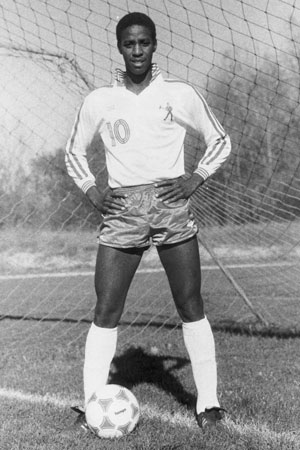 On May 14, 1988, John Buddy Labor graduated from Huntington College with a degree in Business. He was from Bumpe, Sierra Leone. His father, John Labor, was principal of Bumpe High school and a longtime leader in Sierra Leone Conference.
On May 14, 1988, John Buddy Labor graduated from Huntington College with a degree in Business. He was from Bumpe, Sierra Leone. His father, John Labor, was principal of Bumpe High school and a longtime leader in Sierra Leone Conference.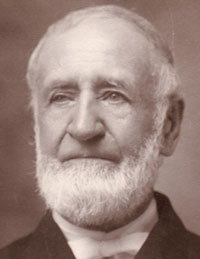 On May 13, 1889–Day Four of General Conference–Bishop Milton Wright (right) and 14 other delegates walked out. They’d had enough. Time to start a new denomination.
On May 13, 1889–Day Four of General Conference–Bishop Milton Wright (right) and 14 other delegates walked out. They’d had enough. Time to start a new denomination.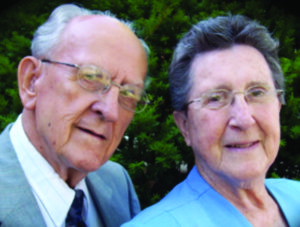
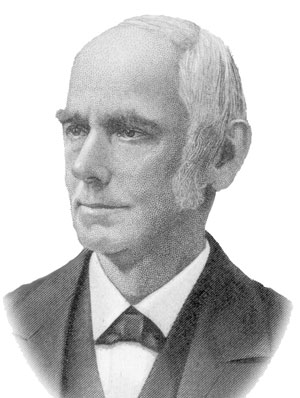 The entire Civil War occurred between the General Conferences of 1861 and 1865.
The entire Civil War occurred between the General Conferences of 1861 and 1865.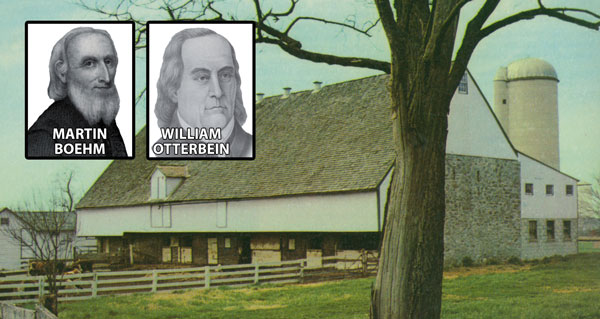
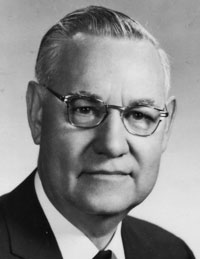 On May 9, 1929, General Conference began at the King Street United Brethren church in Chambersburg, Pa. Beginning in 1949, General Conference would always be held in Huntington, Ind. (up through 2005). But before that, they moved around, like we do now for the US National Conference.
On May 9, 1929, General Conference began at the King Street United Brethren church in Chambersburg, Pa. Beginning in 1949, General Conference would always be held in Huntington, Ind. (up through 2005). But before that, they moved around, like we do now for the US National Conference.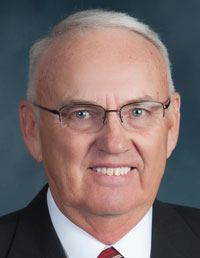
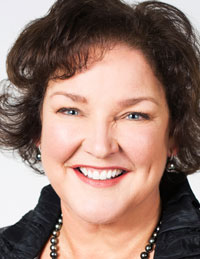 Ms. Kelly Savage (left), who chaired the HU Board of Trustees 2011-2015, will receive a Doctor of Commercial Science degree. As the Chief Human Resources Officer with Amway, she is responsible for the company’s more than 21,000 employees worldwide.
Ms. Kelly Savage (left), who chaired the HU Board of Trustees 2011-2015, will receive a Doctor of Commercial Science degree. As the Chief Human Resources Officer with Amway, she is responsible for the company’s more than 21,000 employees worldwide.